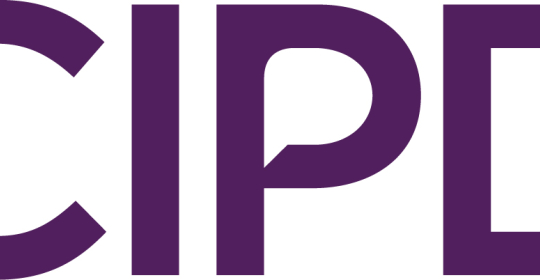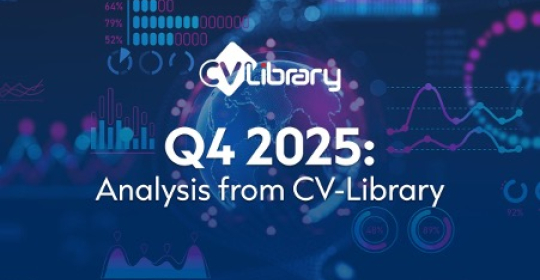New research from Brightmine reveals that men are nearly 1.5x more likely to receive a bonus than women. On top of this, men’s bonuses are on average 1.8x higher than women’s, with the men’s average bonus of £4,913 (9.5% of salary), compared to £2,723 (6.0% of salary) for women.
Sheila Attwood, HR insights and data lead at Brightmine, comments: “While bonuses are becoming scarcer across the workforce, the real story is the gap between males and females receiving bonuses. This, alongside the news that UK gender pay gap has been underestimated for the past 20 years, serves to highlight a continuing equity issue that organisations can no longer afford to ignore. If employers are serious about inclusivity, they need to face the gap head on and interrogate their reward practices to ensure transparency, fairness and consistency.”
Key findings:
- Across annual bonuses, there is a £2,190 gender bonus gap – meaning men’s bonuses are 1.8x higher than women’s.
- The gender bonus gap widens with age, peaking in the early 50s: at this point, men average a bonus of £8,693, while women receive £4,193 – a gap of £4,500.
- At the top end, directors’ bonuses average £54,014 (33.6% of salary) – compared with just £535 (2.2% of salary) for routine task providers such as a cleaner or catering assistant.
- Job function: sales and marketing staff lead the way with bonuses worth 23.5% of salary (£17,493), while science workers received the lowest amount (£726, 1.5% of salary).
- Private-sector employees received the biggest payouts (average £6,827; 12.3% of salary) but this sector was notably more selective overall, with only 10.5% of employees receiving a bonus (compared with 39.8% of individuals in the manufacturing and production sector)
The research calls on employers to bridge the gap through:
- Auditing bonus practices to identify and address gender disparities in both eligibility and value.
- Reviewing reward strategies so that bonuses reinforce fairness and retention, not inequality.
Methodology
This resource is based on payroll data for 1,132,020 individuals employed in 999 organisations. The data is analysed based on Brightmine Compensation Planning job levels (entry level to chief executive), job function groups and industry (private-sector services; manufacturing and production; public services; and sub-industries within these). Of the total sample, 138,411 individuals employed in 330 organisations received a bonus, and form the basis of our analysis.
About Brightmine
With more than 10,000 customers, Brightmine is a leading, global provider of people data, analytics and insight – empowering HR leaders to deliver brighter business outcomes. For more than two decades, Brightmine (formerly XpertHR) has helped HR leaders confidently navigate the evolving work of work. Through a unique combination of critical people data, AI-enabled technology and trusted HR expertise, the Brightmine product suite transforms how organisations use data, analytics and insight to reduce risk, improve talent strategies and increase HR impact.
Brightmine is a part of LexisNexis® Risk Solutions, a RELX (NYSE: RELX) business, which provides information-based analytics and decision tools for professional and business customers. RELX serves customers in more than 180 countries and has offices in about 40 countries and employs more than 36,000 people worldwide.






